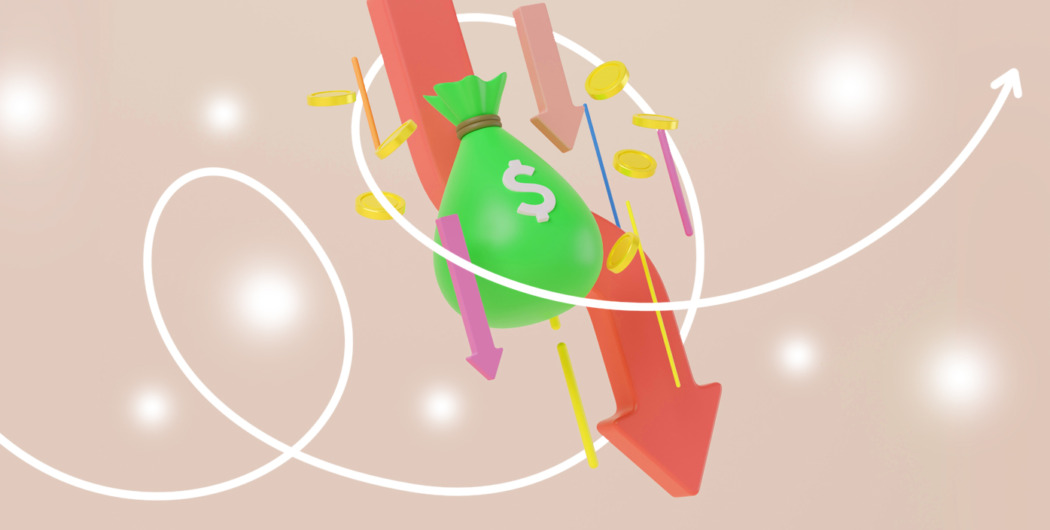

The lost profit syndrome doesn’t just apply to trading. It’s seen in each of our lives on a daily basis. It refers to our perception of opportunity cost, which is the trade-off from picking one choice over another.
Ever been invited out with friends, knowing that you need to get up early tomorrow but still gone anyway? This is because of the lost profit syndrome, or FOMO (fear of missing out).
Unless you were born with impeccable psychology built for trading, you’ve probably experienced FOMO. You convince yourself that x will happen, so you forgo your usual entry criteria to “jump in early,” hoping for better profits. But x doesn’t happen, and instead, y wipes you out.
If this sounds familiar, read on for our top tips to overcome the lost profit syndrome.
Understand that the market is ripe with opportunity
The first step is to understand that, in any given month, there are probably thousands of opportunities across multiple assets and timeframes using any given system. The opportunity right in front of you is one of many, so why do we feel a disproportionate need to get in with a suboptimal entry?
Of course, it’s FOMO, often combined with greed: we want profits sooner rather than later. But once you step back and realize that opportunities come and go in every market, it becomes easier to distance yourself from your emotions.
Chances to profit will be there tomorrow. And the day after. Why expose yourself to greater risk when you can wait for those setups that are much safer bets?
Have a system
The second step is to have a system. Have a rigid set of entry criteria that doesn’t allow fear to enter into your trading; either your conditions are met, and you trade, or they aren’t, and you don’t.
If you’re coming up with reasons to rationalize away the first step, then it’s likely you don’t have a backtested system. When you have a profitable, backtested system based on defined rules, you understand that opportunity is everywhere.
You might even recognize that a particular trade you want to FOMO in on came from something your system would’ve allowed you to trade. Instead of jumping in thinking that you were just a bit late to the party, just wait. Chances are, a pullback will occur that will allow you time to find a proper setup that fits your rules.

Ignore everyone else’s opinions
The lost profit syndrome affects everyone differently. Some people might FOMO into trades just by looking at a chart; some will let others’ opinions influence them. If you fall into the latter camp, the easiest way to prevent FOMO is to ignore people’s opinions.
As humans, we are susceptible to cognitive biases that bleed into our trading. Authority and confirmation bias can lead to entering trades based on someone else’s opinion of the market.
Say you’re bullish on Bitcoin. A “crypto expert” you follow on Twitter or see in one of the many cryptocurrency publications says something that supports your hypothesis. Because of their title as a “crypto expert” (often given to attract clicks more than anything), you believe them more. And because they say something that supports your belief, you decide you can’t possibly be wrong and enter without giving the trade proper consideration.
As a trader, you need to be responsible for your own trades. Every trade needs to be taken based on your analysis and your analysis alone. Anything else is just a distraction.
Stop trading if you recognize FOMO
Finally, stop trading when you feel FOMO coming into your decision-making. This doesn’t mean quitting trading altogether or not trading at all that day (although these are wise steps if FOMO is a truly chronic issue for you). Instead, it means to immediately short-circuit the trade and move on.
Once you recognize what FOMO feels like – often a sense of impulsivity, anticipation, and rushed decision-making – you can become aware of it and know that the trade you’re looking at needs to be ignored. You can practice this by asking, “Is FOMO influencing this trade?” whenever you want to open a position. If the answer is yes, don’t trade.
When you combine active awareness with a structured system and a belief that another opportunity lies just around the corner, the lost profit syndrome can literally vanish overnight. As your final line of defense, constantly evaluate the effect of FOMO on every single trade you want to take.








